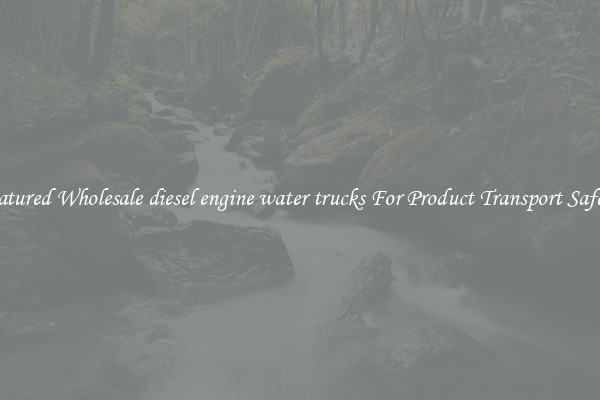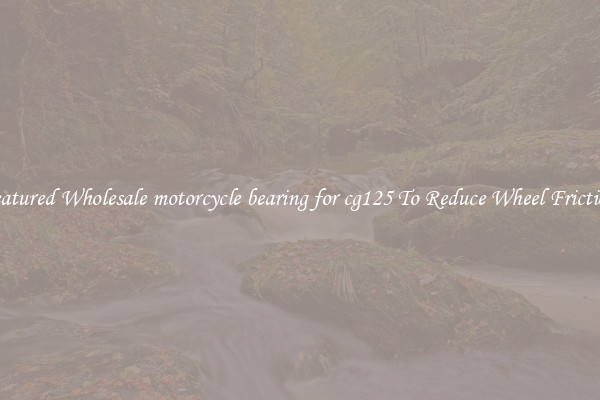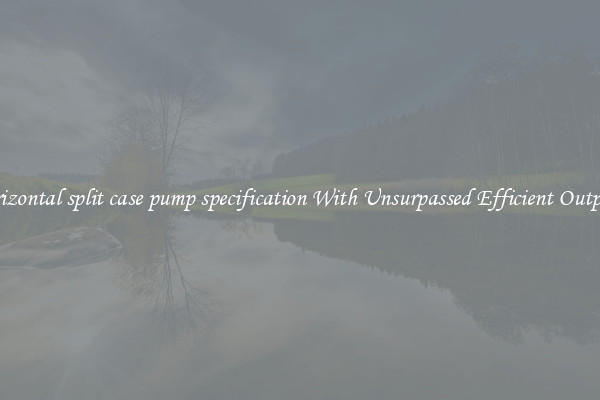Wholesale water distribution line For Safety And Efficiency
Wholesale water distribution lines play a crucial role in ensuring the safety and efficiency of delivering clean, potable water to communities. These pipelines are the lifeline of water supply systems, carrying water from treatment plants to various destinations such as residential, commercial, and industrial areas. It is essential that these distribution lines are well-maintained and periodically inspected to prevent leaks, contamination, and other issues that may compromise water quality and availability.
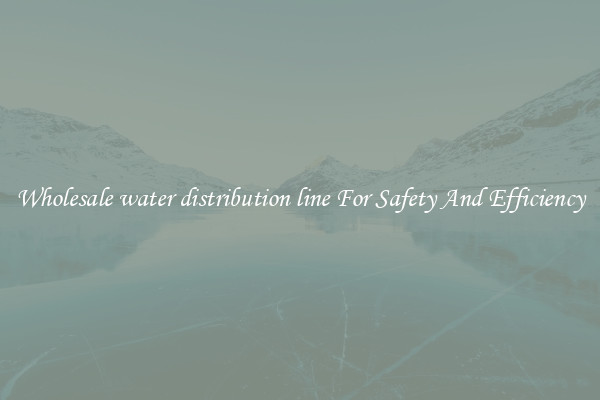
One of the primary reasons why wholesale water distribution lines are critical for safety and efficiency is because they transport water in large quantities over long distances. This means that any damage or malfunction in the pipeline can result in a significant loss of water supply, impacting not just households but also businesses, hospitals, and other institutions that rely on a steady supply of water. Regular inspection and maintenance of these pipelines help to identify potential problems before they escalate into larger issues that may disrupt water service.
Moreover, wholesale water distribution lines are designed to meet stringent safety standards to ensure that the water being delivered is free from harmful contaminants. Any breach in the pipeline can introduce pollutants into the water, posing serious health risks to consumers. By closely monitoring the condition of these pipelines and promptly addressing any leaks or breaches, water authorities can prevent contamination and uphold water quality standards.
In addition to safety concerns, the efficiency of wholesale water distribution lines is also crucial for ensuring the sustainability of water resources. Water is a precious and finite resource, and leaks in distribution lines can result in significant water wastage. By maintaining a well-functioning pipeline system, water authorities can minimize water loss and conserve resources for future generations.
To maximize the safety and efficiency of wholesale water distribution lines, water authorities should invest in modern infrastructure, employ skilled personnel for maintenance and monitoring, and implement regular inspection schedules. In cases where pipelines are aging or in need of repair, it may be necessary to invest in pipeline rehabilitation or replacement to ensure continued reliability and performance.
In conclusion, wholesale water distribution lines are vital for delivering clean and safe water to communities. By prioritizing maintenance, inspection, and repair of these pipelines, water authorities can uphold water quality standards, prevent water wastage, and promote the efficient and sustainable use of water resources for generations to come.

View details

View details
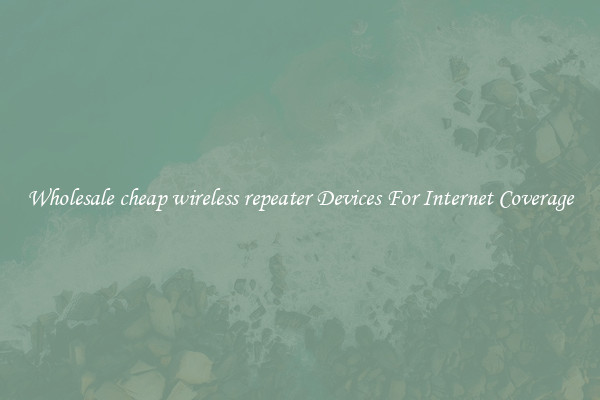
View details
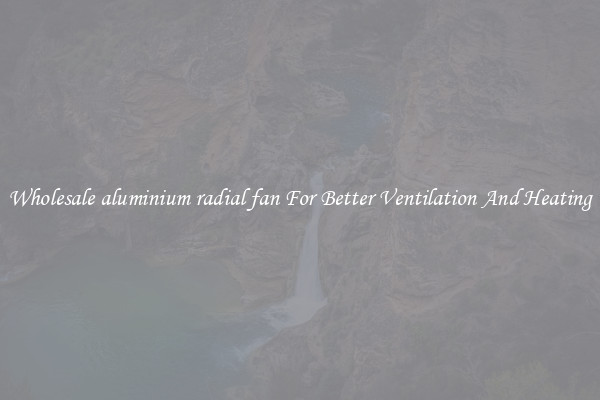
View details
